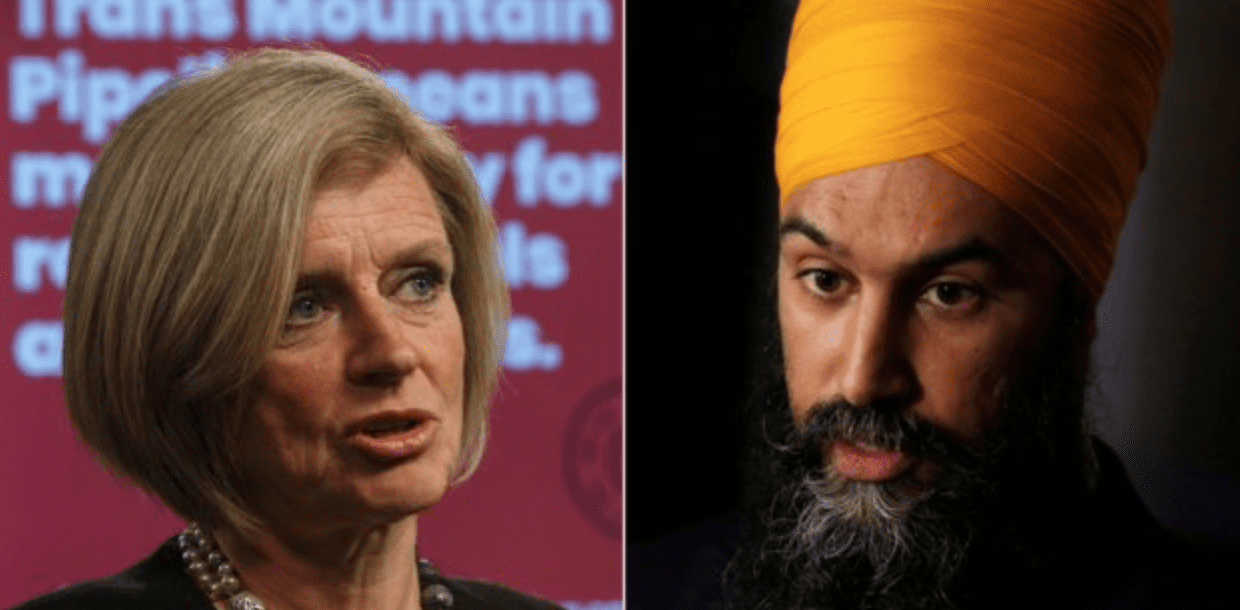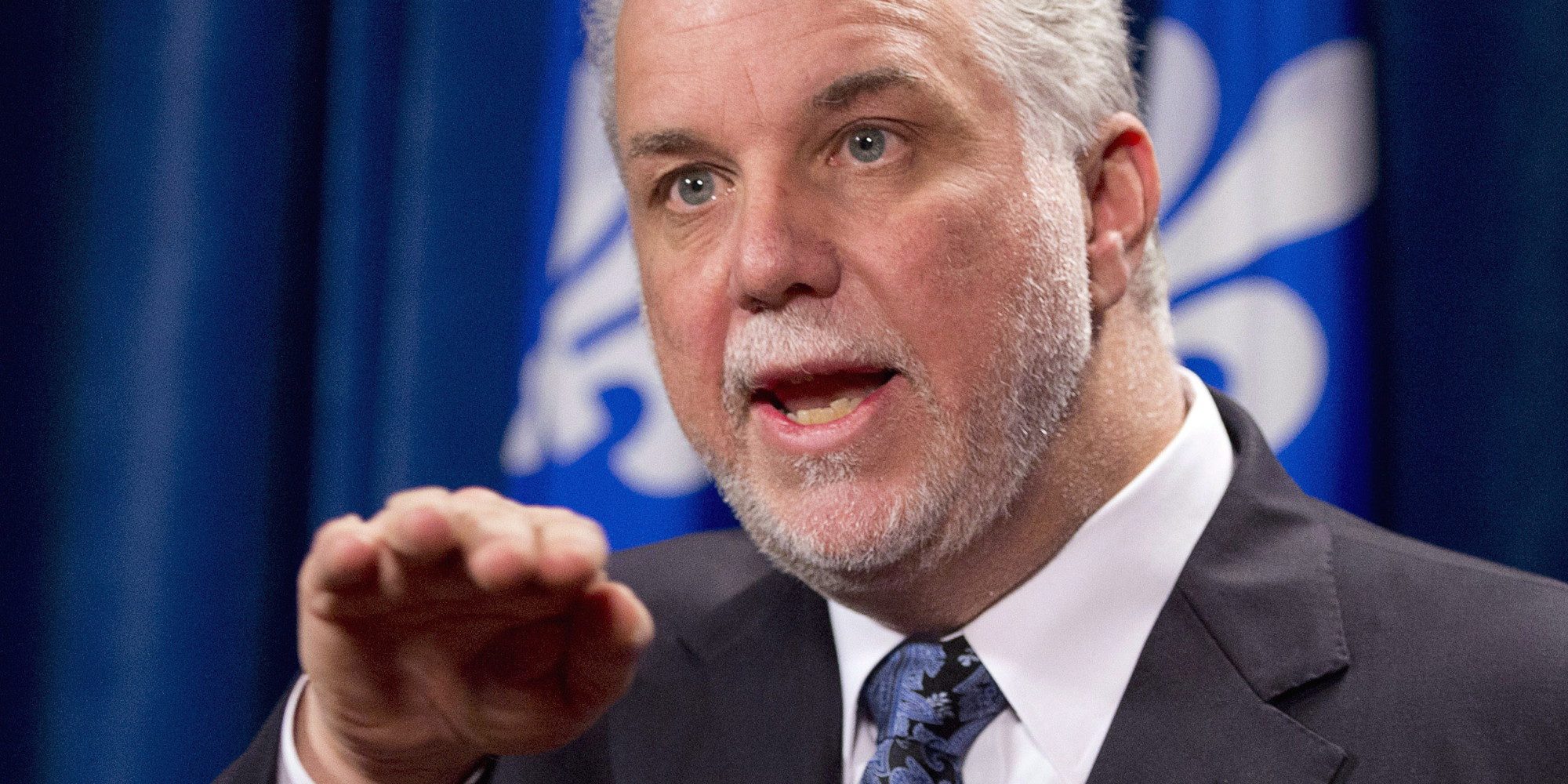Rachel Notley and Jagmeet Singh's current public slanging match over the Trans Mountain Pipeline is music to the ears of their political opponents. Both Alberta and federal NDP leaders face election contests within the next year and the position they find themselves in now, locked in combat on energy policy, is diverting their focus away from those campaigns.
The controversy underlines the longtime rift on the Canadian political scene generated by the energy sector, a revenue-generating juggernaut with a regional base. It also highlights a growing fundamental tension in the national political discourse between jobs and the environment.
Of course, the NDP's current civil war is not an unprecedented conflict.
In the early 1980s Alberta Liberals took pains to distance themselves from the Pierre Trudeau Liberals, responsible for the Alberta-vote-killing National Energy Program. Alberta Liberal leaders regularly proclaimed that the federal and provincial parties were entirely separate entities.
Alberta felt put upon by the NEP, designed to cushion the manufacturing centre of the country from high energy prices but perceived as an affront to Alberta for interfering in the province's premier industry. The hatred of the Trudeau policy reverberated for decades, blocking the Liberals federally from any large seat breakthrough in Alberta and damaging the provincial party's fortunes.
No doubt Notley's party remembers the lesson. The debate playing out now is different in specifics. The NDP is in opposition federally and playing from a weak hand. But the roiling sentiments remain.
Notley, desperate to shore up Alberta's fragile recovery after a brutal downturn in 2015 and 2016, must have the Trans Mountain Pipeline to give her the economic coin she needs in the coming spring election.
Singh has chosen to throw his lot all in with anti-pipeline forces in B.C. by choosing to run in the Burnaby by-election. It's a pointed affront to Notley for him to run in ground zero of the Trans Mountain protests, so far from his natural southern Ontario power base.
And his stand against the pipeline is escalating. He flat out argues Canada shouldn't be shelling out public money for a "65-year-old leaky" pipeline. To add insult to injury last week he tossed off a remark during the Canada-Saudi confrontation that Canada should stop importing oil from Saudi Arabia and import from other nations as an alternative, skipping right over the possibility of using more domestic Alberta oil.
Notley responded with a disbelieving sneer. "It struck me that that was a thing that maybe he should have thought through before he said it," she said in an interview with Edmonton Journal columnist Graham Thomson.
In the same interview Notley went straight to the heart of the matter: "I am a New Democrat that comes from the part of the party that understands that you don't bring about equality and fairness without focusing on jobs for regular working people," she said.
She went on to characterize a leader who would forget that as elitist.
Rather than leaving well-enough alone, Singh responded in an interview with the National Post. "I know that Premier Notley's in a tough political fight. But I've always felt and I believe that personal attacks are beneath her."
Alberta New Democrats are now facing Singh as a foe as well as the NDP B.C. government. And this is all in the context of a party which has strong interlocking personal connections provincially and federally.
During the 2015 campaign and in the early months of government building, Notley's opponents made hay of how chummy the party is across borders.
Notley's first chief of staff after the election, Brian Topp, had previously been president of the federal NDP. Subsequent chief of staff John Heaney had been a chief of staff to B.C. premier John Horgan. The borders between provincial and federal NDP parties have been porous for decades, allowing political staff to freely shift from jurisdiction to jurisdiction.
But the environment in the Singh-Notley era is declining fast. Is it frosty enough for the Alberta New Democrats to consider a more formal rift with their cousins in Ottawa?
In a 2017 year end interview with the Calgary Herald Notley was asked about provincial-federal New Democrat relations:
"The reality is there are many other issues on which we agree, and it is a very large party that spans the whole country with a lot of different sections with a lot of different views depending on the regions from which people come. So that's the way it is," she said.
And the 'way it is' isn't doing any favours for either Alberta or the federal NDP at the moment.
Photo Credit: Huffington Post










